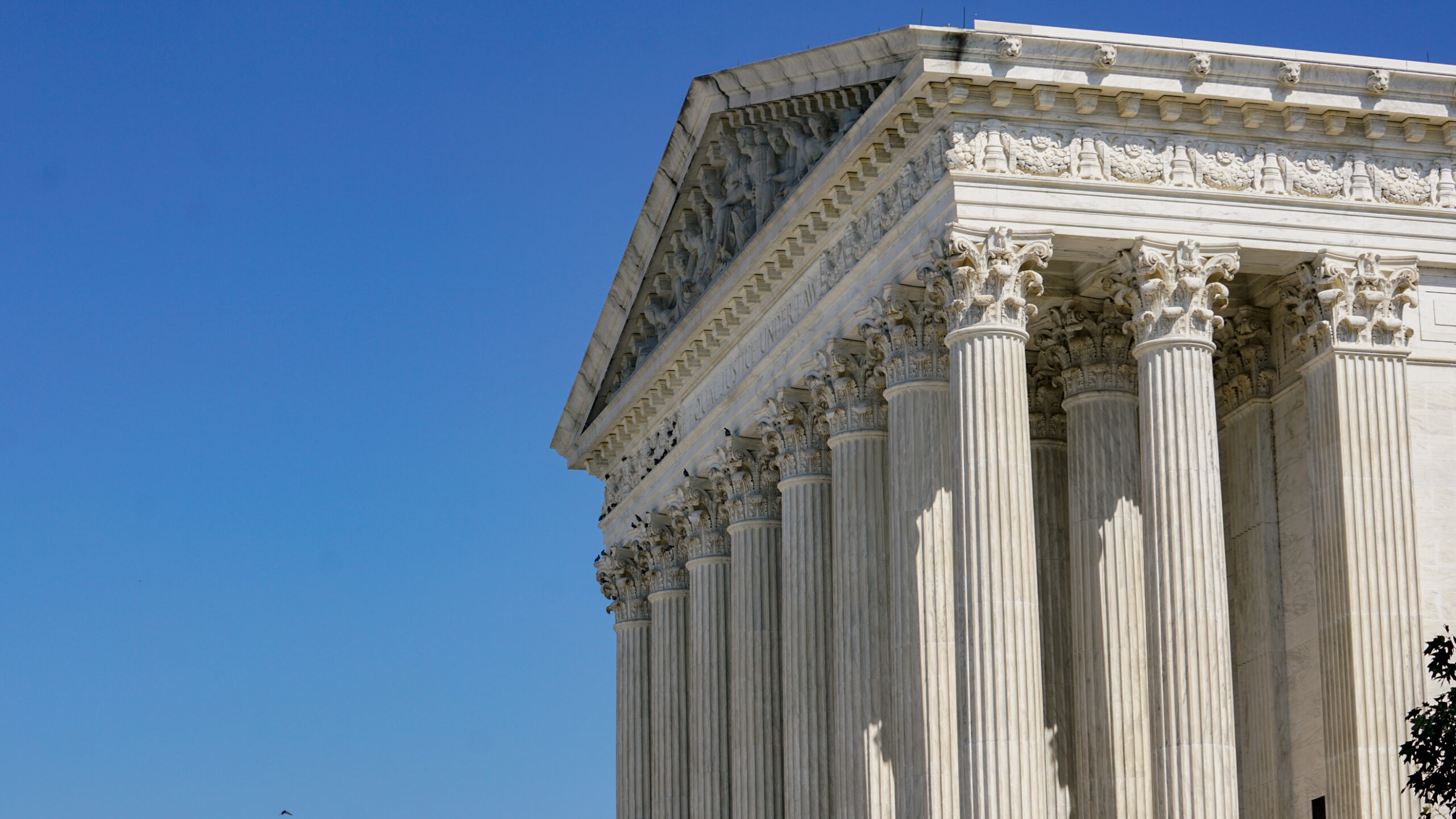In a major case testing the role of the First Amendment in the internet age, the U.S. Supreme Court on Monday hears arguments focused on the federal government’s ability to combat what it sees as false, misleading or dangerous information online.
Last September, the 5th U.S. Circuit Court of Appeals, the most conservative federal appeals court in the U.S., issued a broad ruling that barred key government officials from contacts with social media companies. Among the personnel targeted in the order were officials at the White House, the Centers for Disease Control and Prevention, the Office of the Surgeon General, the FBI and an important cybersecurity agency.
The appeals court said that individuals at those agencies likely violated the First Amendment by seeking to coerce social media platforms into moderating or changing their content about COVID-19, foreign interference in elections and even Hunter Biden’s laptop. The Supreme Court has put that ruling on hold while it examines the tricky issues in the case.



The two (private corporations and the government) are so intertwined that you and I are going to have to disagree. I firmly believe a lot of governance happens at the behest of big business, and vice versa. The evidence is in far-reaching, long-lasting decisions like expensive private health care, military spending, environmental choices (especially corporate regulations), and federal minimum wage where it’s clear that at least some decisions are being made on behalf of business over public opinion. There is also definitely a measure of governmental content control involved in the TikTok decision - e.g. here’s Ted Cruz talking during one of the TikTok hearings and mentioning anti-Israel content as a primary concern. Just because the sale is to a private entity doesn’t mean it’s not about control of what people see.
The rest of your points are well-made. To rebut: as I’ve made obvious, I think cases like this fit in well with safety vs. freedom discussions. Also please bear in mind the line from OP’s article: “The appeals court said that individuals at those agencies likely violated the First Amendment by seeking to coerce social media platforms into moderating or changing their content about COVID-19, foreign interference in elections and even Hunter Biden’s laptop.” So as per the article, 1st amendment law is being considered relevant, and coercion of social media is also an issue on the table.
“Coerce” is I think is what at issue in the case. I still think saying this ruling would give the US government “the power to define misinformation” is misleading. No one, even those arguing it was “coercion,” is arguing the government was using any legal powers to enforce their recommendations. The evidence shows in most cases they were being ignored if anything. And the appeals court was relying on some very faulty factual findings at the trial court level, much of which was pointed out in the supreme court hearing today. The previous rulings used many out of context quotes or even just portions of sentences to create something that wasn’t there. They also overstepped by insituting a very broad gag order across all government communications that has been very damaging. I’ll be surprised if the Supreme Court doesn’t rule in favor of the government here, especially based on their comments today, and don’t worry, the government still won’t have any legal powers to enforce their definitions of misinformation if the Supreme Court rules in their favor.
I think the much greater threat to free speech comes in the form of the other Supreme Court cases heard last month (net choice v Paxton and moody v net choice), that would use the force of law to prevent social media companies from having any editorial discretion in what is posted on their sites. Despite what the Republicans pushing those laws claim, they are not in favor of free speech. The effext of those laws is, to quote the ACLU, “Under the guise of “prohibiting censorship,” these laws seek to replace the private entities’ editorial voice with preferences dictated by the government.” That’s the one that’s not only clearly coercive but comes with the force of law, and I would be very worried from a free speech perspective if the supreme court upheld those laws.
https://www.aclu.org/press-releases/aclu-urges-supreme-court-to-uphold-preliminary-injunctions-against-laws-that-would-allow-the-government-to-regulate-editorial-discretion-on-social-media